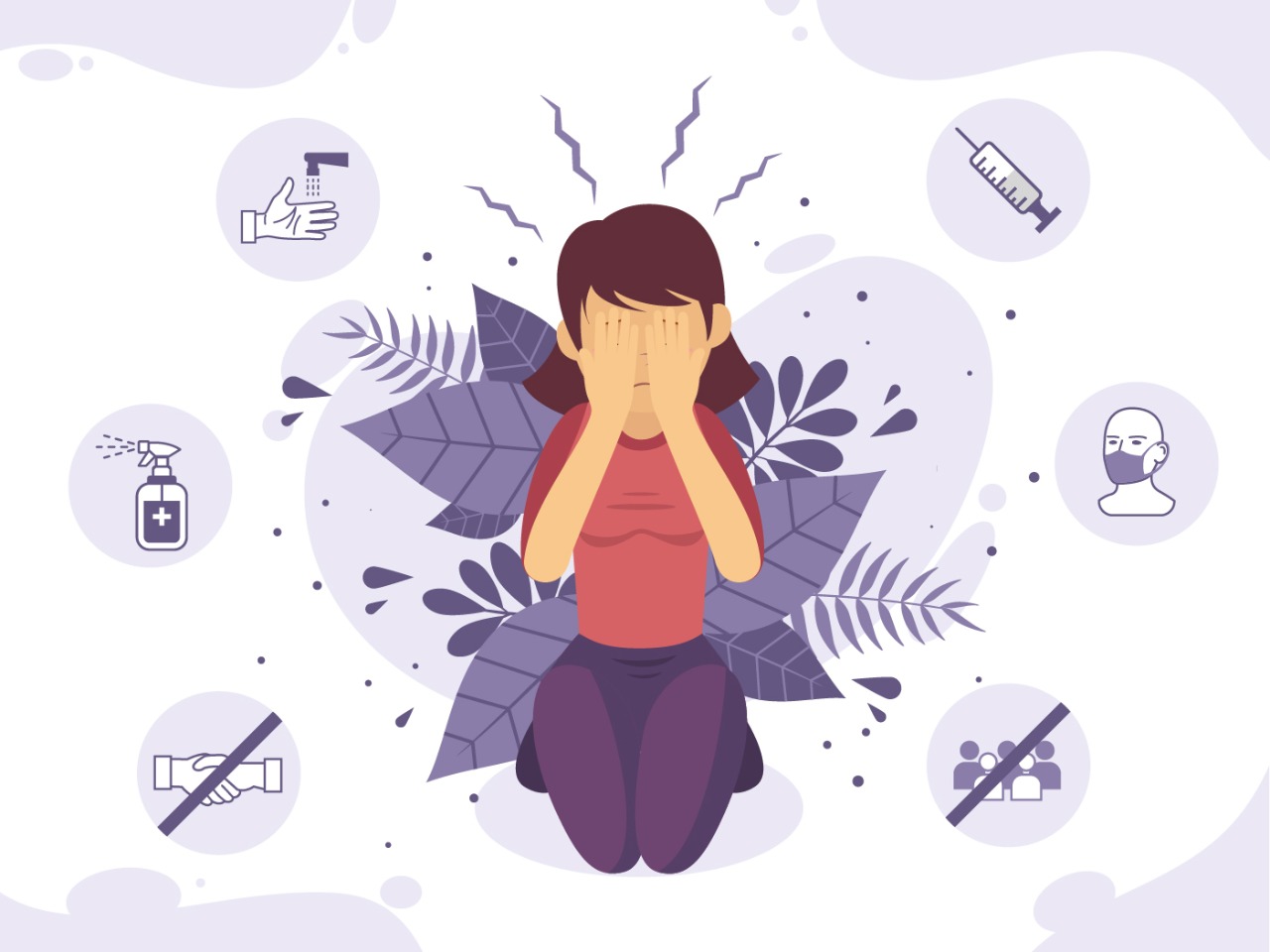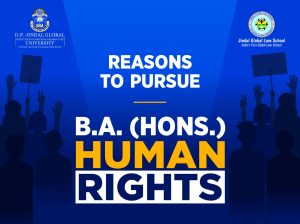The debilitating effects of the Covid-19 pandemic—economic, governmental, and personal—are finally beginning to wane in India and around the world. The virus still poses serious threats to public health, however, and interventions to disrupt its spread, such as quarantine and social distancing, will be required to keep the virus in check for the foreseeable future. Stress and anxiety tied to the coronavirus, coupled with the various institutional countermeasures, have exerted significant negative effects on the mental health of people worldwide. Numerous studies, including one conducted by researchers at Columbia University, found the global prevalence of depression and anxiety almost doubled from 2020 to 2021. According to researchers at Duke-NUS Medical School in Singapore, three groups—women, young people, and persons of low socioeconomic status—are especially vulnerable to covid-related psychological trauma.
It is certainly understandable, even today, that some people experience stress and anxiety, characterized by feelings of nervousness, worry, or unease. People remain concerned about becoming infected, the health and safety of loved ones, economic disruptions, instability in family routines, and other disruptions to daily life. People may feel overwhelmed and unable to deal with day-to-day activities when stress and anxiety are extremely intense or persistent. Mental distress can also weaken the immune system, making individuals more susceptible to the coronavirus and all manner of physical illness.
Fortunately, a return to normalcy seems to be finally upon us. By way of illustration, O.P. Jindal Global University (JGU) welcomed back students this past March, reopening the main campus. While a departure from mandated quarantine is welcomed by most—allowing people to return to work or study, engage in outside activities, and socialize—it can also be a source of concern or dread. Post-quarantine anxiety may occur, for example, when one finds themselves surrounded by large crowds of people after such a prolonged period of limited social exposure. While returning to normalcy can be challenging, it is an important step toward the restoration of one’s mental health. Not to say such changes are easy. A 2021 survey by the American Psychological Association found nearly half of all survey respondents (49%) felt anxious about a return to person-to-person interactions.
Stress, especially chronic or prolonged stress, can have profound effects on the body. Stress is known to activate the so-called HPA axis, involving the Hypothalamus, Pituitary gland, and Adrenal glands. The end result is the release of adrenaline and a stress hormone called cortisol. Prolonged elevations in cortisol, due to chronic stress, exerts deleterious effects on the gastrointestinal system and many other parts of the body. Cortisol, for example, drives an elevation in both heart rate and blood pressure—preparing individuals for fight-or-flight—which is tied to a variety of cardiovascular issues. As such, long-term stress can increase an individual’s risk for hypertension, heart attack, or stroke. A less severe, but no less disruptive consequence of chronic stress involves muscle tension—imagine someone gritting their teeth. Musculoskeletal pain is also associated with both tension- and migraine headaches which can be highly disruptive in a person’s day-to-day living.
Of course, there is no single approach for dealing with stress and anxiety. However, a proactive approach to self-care and mindfulness will go a long way toward healing and repairing the physical and psychological toll of covid-19. It is important, when possible, to not do it alone—mental health is a collective responsibility and requires sustained efforts by individuals, families, and communities. To that end, it is well established that the use of appropriate precautionary behaviour, including face masks and social distancing, can ease one’s anxiety, allowing individuals to feel more confident in their ability to effectively manage social interactions. Such behaviour should be encouraged, not disparaged. Maintaining, or reestablishing, social connections with family, friends, and colleagues—whether online or in person—can help ease social anxiety. Relaxation techniques such as meditation or deep breathing exercises have also been shown to effectively reduce muscle tension and increase one’s psychological well-being. Alterations in sleep, including insomnia, are common symptoms of anxiety. It is imperative, therefore, to maintain a normal sleep-wake cycle and attain proper rest each night. It is also vital to stay physically active and exercise—maintaining a healthy body is one of the best ways to sustain a healthy mind. Finally, excessive consumption of licit or illicit substances, such as alcohol, nicotine, cannabis, or narcotics, should be avoided. Such substances may provide short-term stress relief, but they typically prolong and exacerbate anxiety in the long run.
Providing guidance and counsel on mental health issues is one goal of the Jindal School of Psychology & Counselling (JSPC) at the O.P. Jindal Global University in Sonipat, India. Offering a three-year B.A. (Hons.) programme in Psychology, JSPC has quickly established itself as a premier programme in undergraduate education. This August, JSPC and our academic partner, the Jindal Institute of Behavioural Sciences (JIBS), will initiate a Master’s degree in Applied Psychology. The two-year programme offers three specializations: Community Psychology, Forensic and Investigative Psychology, and Industrial and Organizational Psychology.
The undergraduate and postgraduate programmes are designed to provide the means and opportunities for students to stretch themselves intellectually and reach their full potential in psychology and beyond. The mission of JSPC is to nurture and educate the next generation of psychologists to assist those in need and to better prepare the country for future mental health crises.
The article is written by Prof. (Dr.) Derick H. Lindquist, Professor and Dean, Jindal School of Psychology & Counselling (JSPC).



